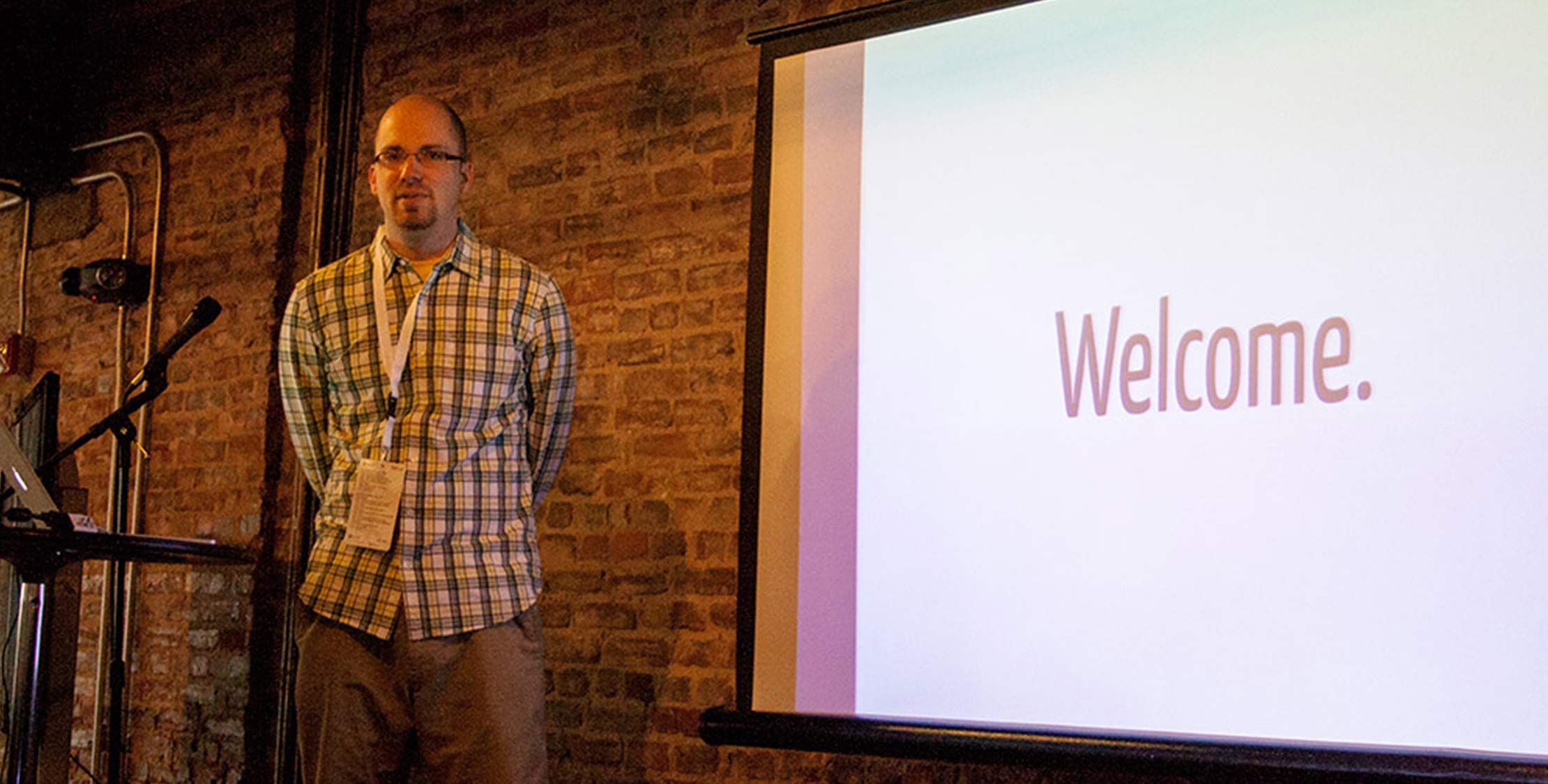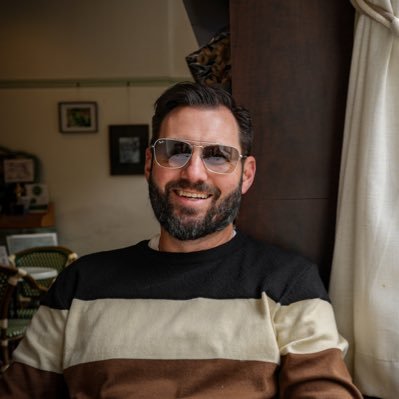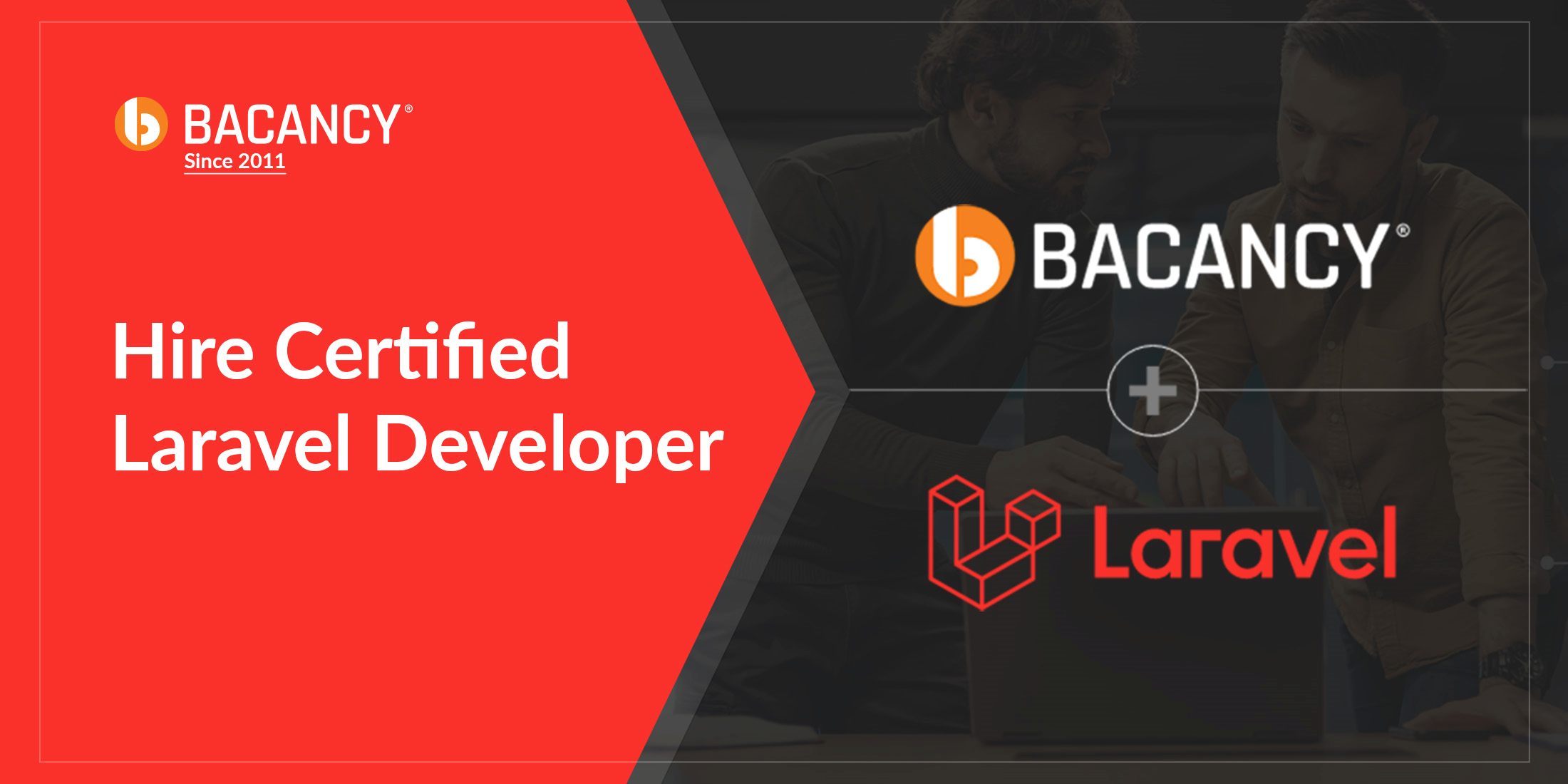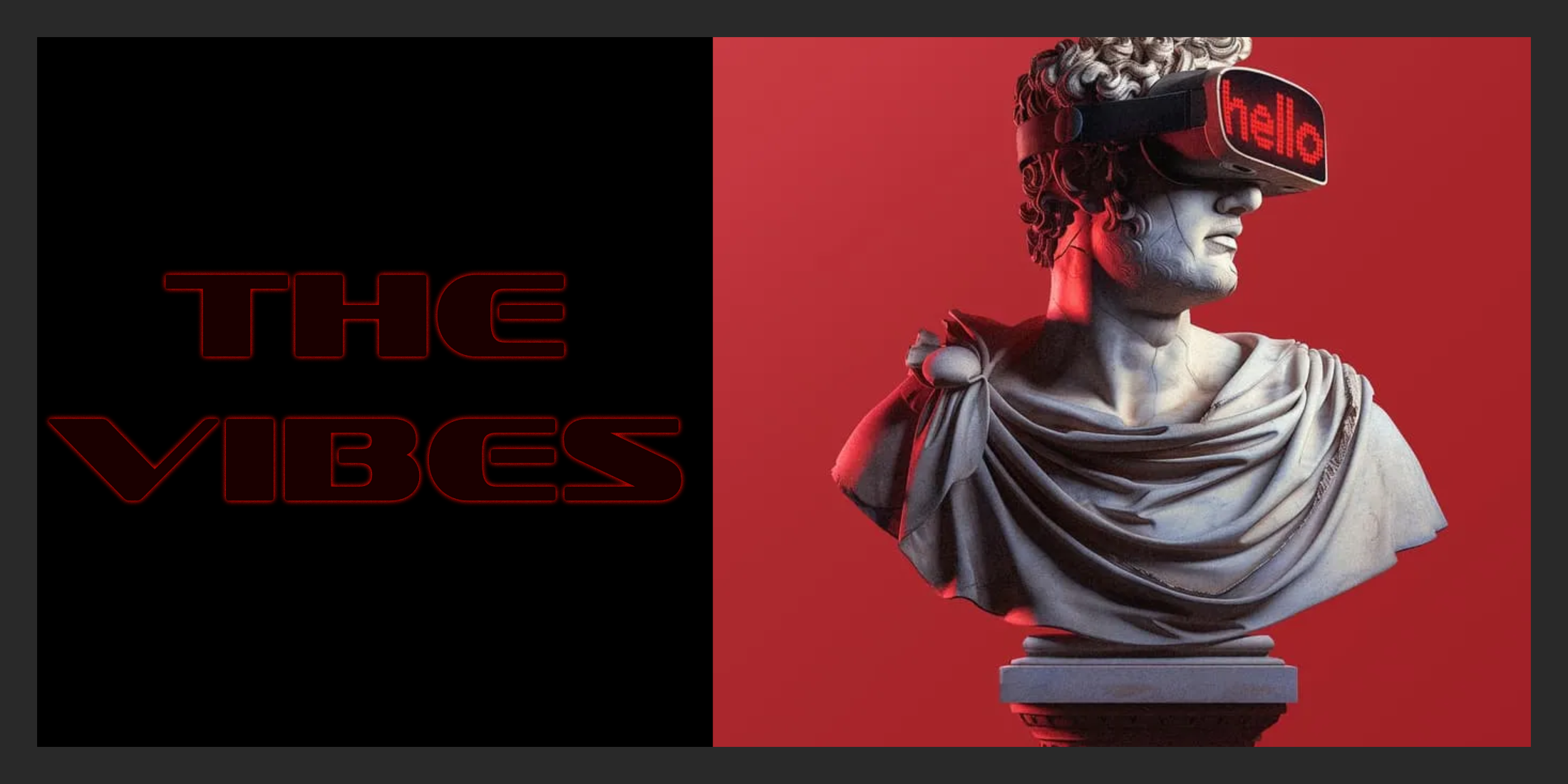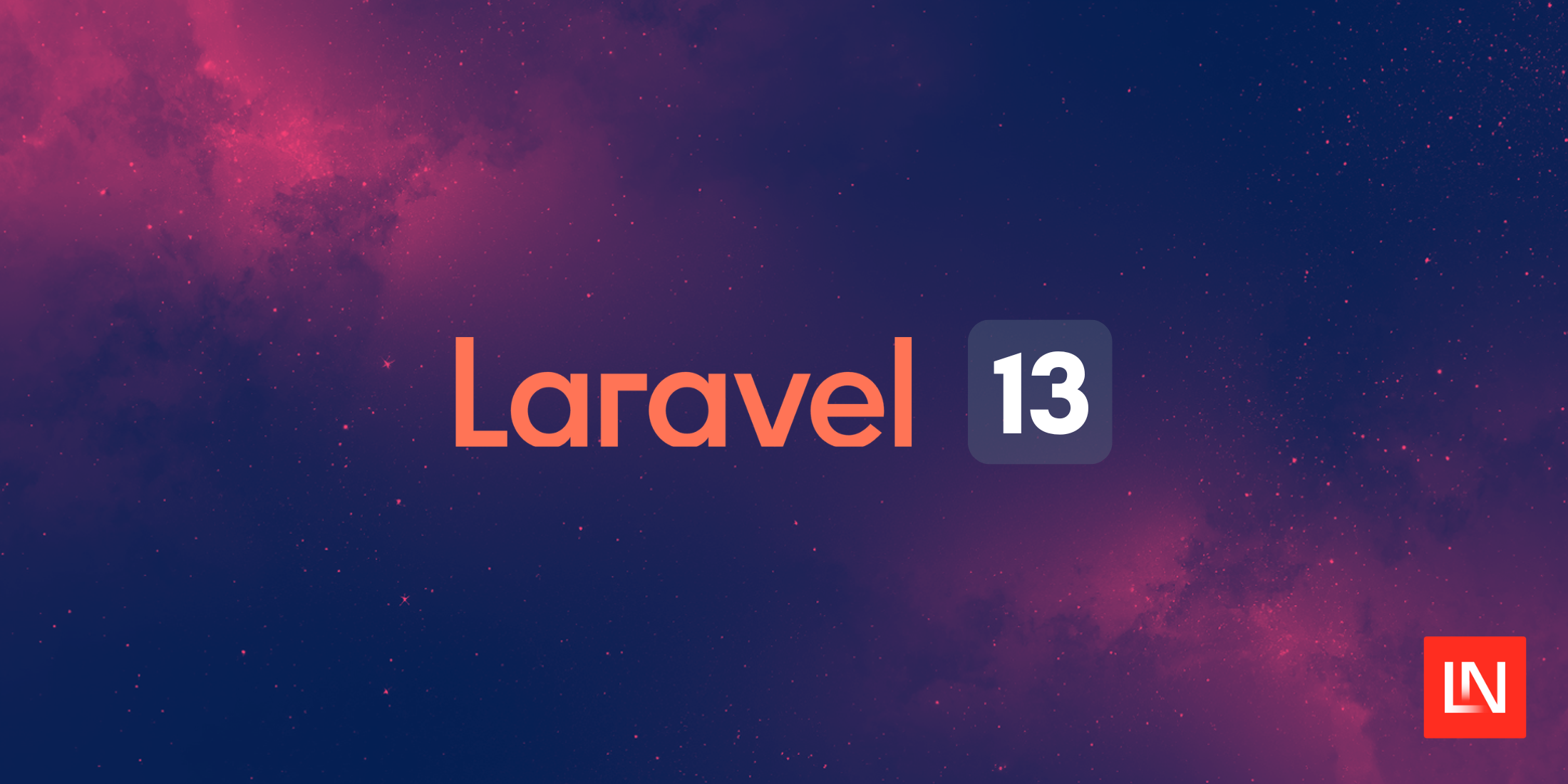I had to pleasure of interviewing Taylor Otwell as the first artisan in the new “The Artisan Files” series here on Laravel News. I was going to write an introduction, but if you use Laravel I’m sure you already know who he is.
I first found Laravel at v2. Can you believe the growth since then?
I did not expect the growth to happen at this rate. I never imagined we would be having conferences and meet-ups around the world after just a couple of years. A huge driver behind the growth is the community and resources they create. Things like Laracasts, the forums, and the multitude of blog posts and tutorials that people write make it really easy for people to get started with the framework. So, I owe a lot to the community for the growth of Laravel.
What do you see for the future of php?
Over the next few years, I think you will see more framework consolidation. We’ve seen this already with CodeIgniter and Kohana slowly falling out of use, and in Kohana’s case even discontinued entirely. I think it’s possible we will see the same happen with other frameworks and probably be left with Symfony, Zend, and Laravel as the main players in the framework arena.
I think Laravel is well positioned right now because we use over two dozen popular community packages to build the framework.
We are starting to see more “component collections”. Symfony is obviously the most popular and most “proven” in this area and is the foundation for some of the components of Laravel like the HTTP abstraction. I think Laravel is well positioned right now because we use over two dozen popular community packages to build the framework. It’s a very eclectic framework which tries to use the best of what the PHP community has to offer. As a language, PHP has been making many nice, gradual improvements so I hope to see that trend continue.
If you could be on a reality show or sitcom which one would you want to be on?
I wouldn’t mind being on “The Office”. It would certainly never be a boring place to work.
Can you tell us about your local environment. What apps do you use everyday?
Ha! I love questions like this because I’m always interested in other people’s work flow as well. Right now I use a Macbook Pro Retina (15 inch), Sublime Text 3, Github For Mac, Laravel Homestead, iTerm 2, Sequel Pro, Navicat, Airmail, Textual, Hipchat, Adium, Tweetdeck, Skype, and Spotify. Those are the applications I use on a daily basis.
Do you have any hobbies outside of the computer?
I enjoy playing and watching basketball. I’m a big NBA fan. I pay yearly to get access to stream every game. I would still say coding is my main “hobby” though. Laravel is my “Minecraft” in a sense. It’s where I go to be creative and build cool things. It’s relaxing for me to work on a new Laravel feature.
You’ve said that you typically work on personal projects at night, how can you get all in?
One thing that helps me be very productive in a few short hours is thinking ahead. So, if I’m driving to the store or taking a shower, I’ll try to solve a given problem, so that when I sit down at the computer all I really have to do is implement the solution. The problem has already been solved.
It’s a little different from your typical work day, in that during a work day you are confronted with totally new problems and you haven’t had time to plan ahead. With Laravel I find I often have days to think about a solution during my “down time”. As a kid, I would see some older folks sitting on their front porch whittling a piece of wood. I suppose it’s kind of like that. If I’m doing another task or driving somewhere, I’m typically whittling on a problem in my head so that I can work very quickly once I actually get to a computer.
Last one. What made you decide to build Forge?
Forge is basically the culmination of my vision for Laravel. As I mentioned in my talk at Laracon, I want the entire application development process to be streamlined and enjoyable from download to deploy. With the Laravel framework, we had the middle part of actually doing the developing solved, but the initial environment setup and final application deployment were still unsolved. People had various ways of coping with this, either by using MAMP, rolling their own virtual machine, or using a full PaaS, which is often quite expensive.
Laravel is developer happiness from download to deploy.
With Homestead, we provide a turnkey solution to local Laravel development, and Forge provides the same for your production environment. Essentially, I wanted to remove all roadblocks to developer’s creativity. So, when you have that great start-up idea in the middle of the night, there is nothing holding you back. You have a great local environment, a great development environment, and an easy way to get that application out into the wild.
- Main photo by Bill Condo

